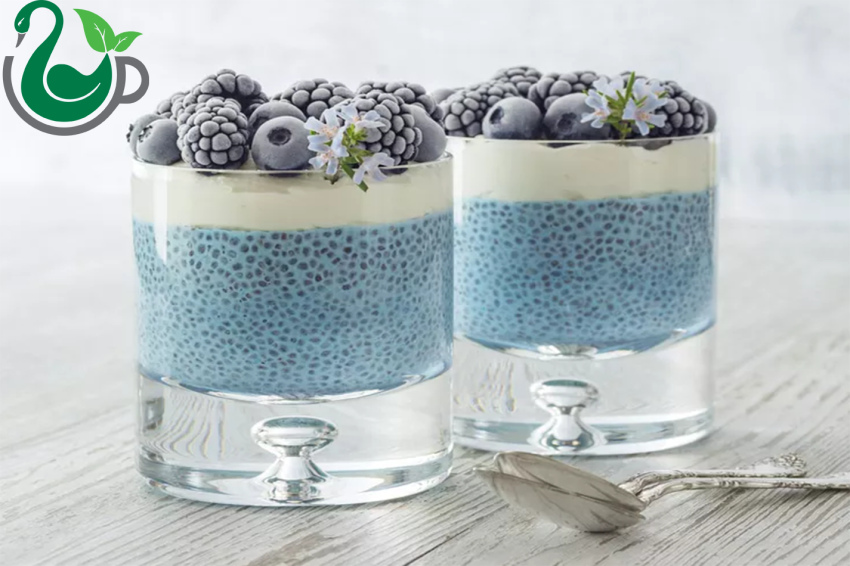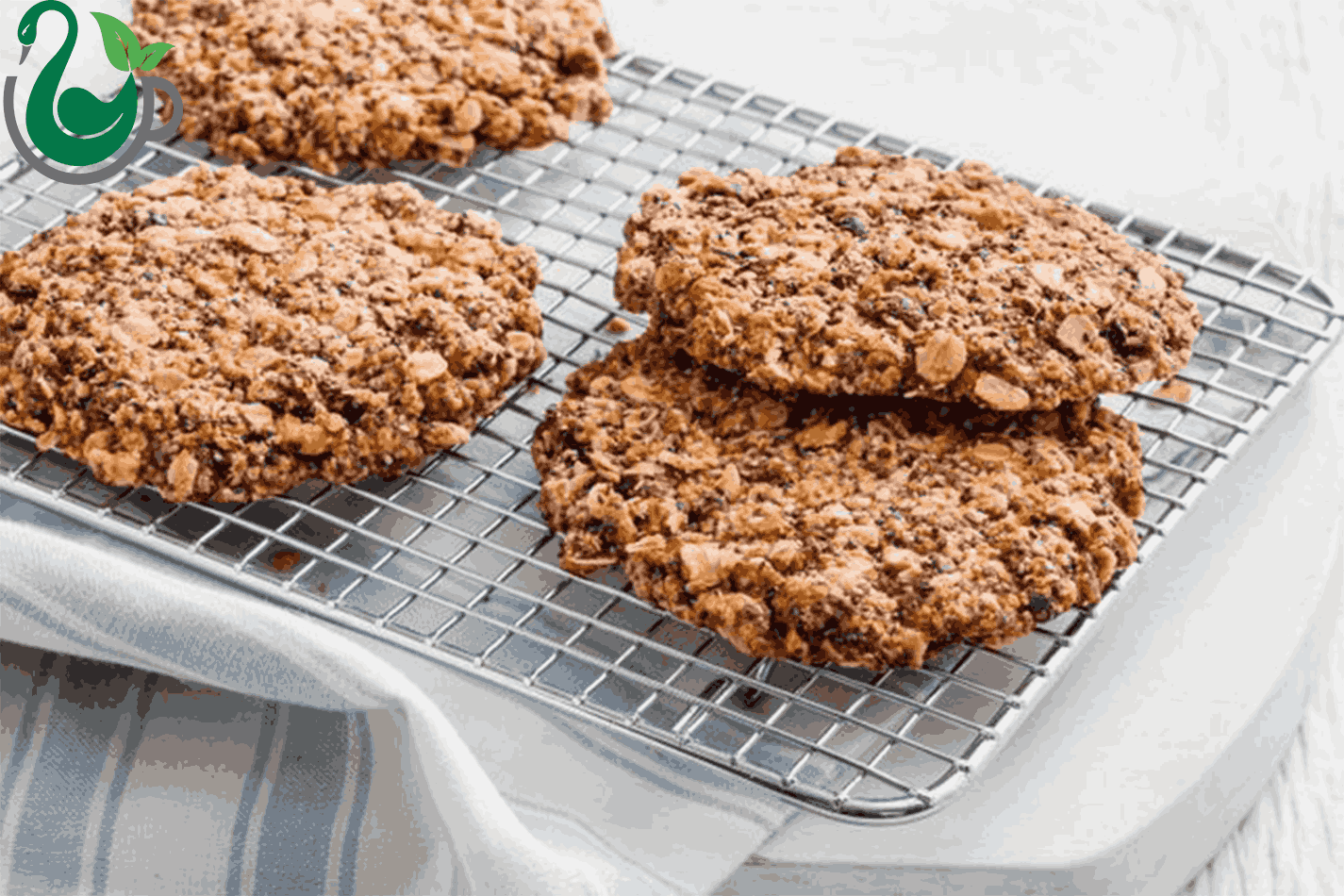Chia seeds are one of the highly beneficial superfoods for health and wellness. These tiny seeds help improve overall health due to their high content of nutrients and omega-3 fatty acids. Consuming chia seeds can help prevent various conditions such as chronic inflammation, diabetes, high blood pressure, hyperlipidemia (high cholesterol), cardiovascular diseases, and obesity. Additionally, eating chia seeds during pregnancy is beneficial for the development of the fetus's brain and retina. Another advantage of chia seeds is that they are gluten-free, making them a safe choice for individuals with celiac disease.
The 2000 U.S. dietary guidelines recommend incorporating up to 48 grams of chia seeds daily into various foods such as pasta, biscuits, cereals, cakes, and snacks. Consequently, numerous food products incorporate chia seeds to boost their nutritional value. In the following, we will review the impact of chia seeds on increasing the nutritional value of these food items.

1. Boosting Antioxidant Properties: Studies show that adding chia flour to whole wheat bread not only makes the bread softer but also significantly enhances its antioxidant properties, thus increasing its nutritional value. A similar effect has been observed in jam and yogurt, where the inclusion of chia seeds leads to higher antioxidant capacity.
What's fascinating is that after sprouting, chia seeds demonstrate 29 times greater antioxidant activity. Dry chia seeds contain 8 times more vitamin E compared to sprouts. After imbibition, chia seeds absorb water and increase their vitamin C content by 17.5 times compared to their sprouted form. Both of these vitamins play a key role in strengthening the antioxidant effects of chia seeds.
2. Enhancing Flavor and Nutritional Value: Chia seeds are rich in fiber, which has a high water-absorbing capacity. This is why chia is often used in the preparation of various breads and pastries. For example, adding chia seed gel to cookies improves their texture and color. Similarly, using chia seeds in pasta not only improves its quality but also boosts its nutritional value.

Due to chia seeds high content of protein and insoluble dietary fiber, along with their low carbohydrate levels, they are used in bakery products specifically designed for diabetic patients and individuals dealing with obesity. Overall, chia seeds increase the amount of essential omega-3 fatty acids in baked products, which are essential for maintaining optimal health.
Research has shown that adding chia seeds to jams raises their protein and fiber content, enhancing their nutritional profile. Moreover, incorporating chia seeds into fruit yogurts, especially strawberry yogurt, increases levels of protein, lipids, fiber, omega-3 fatty acids, and minerals.
3. Reducing Fat and Calories: Chia seeds and chia gel can absorb a large amount of water, making them an excellent substitute for eggs and fats in baking, particularly in cakes. Chia gel helps reduce the calorie and fat content of foods. For instance, low-fat, plant-based mayonnaise often substitutes chia seed gum for the egg yolk.
As a result, chia seeds, with their antioxidant properties, ability to enhance nutritional value, and capacity to lower fat and calories, serve as an exceptional superfood that can play a significant role in improving overall health. Adding these nutrient-dense seeds to your daily diet is a simple and effective way to enhance food quality and maintain optimal health.
Reference:
- Agarwal, A., Rizwana, Tripathi, A.D., Kumar, T., Sharma, K.P, & Patel, S.K.S. (2023). Nutritional and functional new perspectives and potential health benefits of quinoa and chia seeds. Antioxidants, 12(7), 1413. Retrieved from https://www.mdpi.com